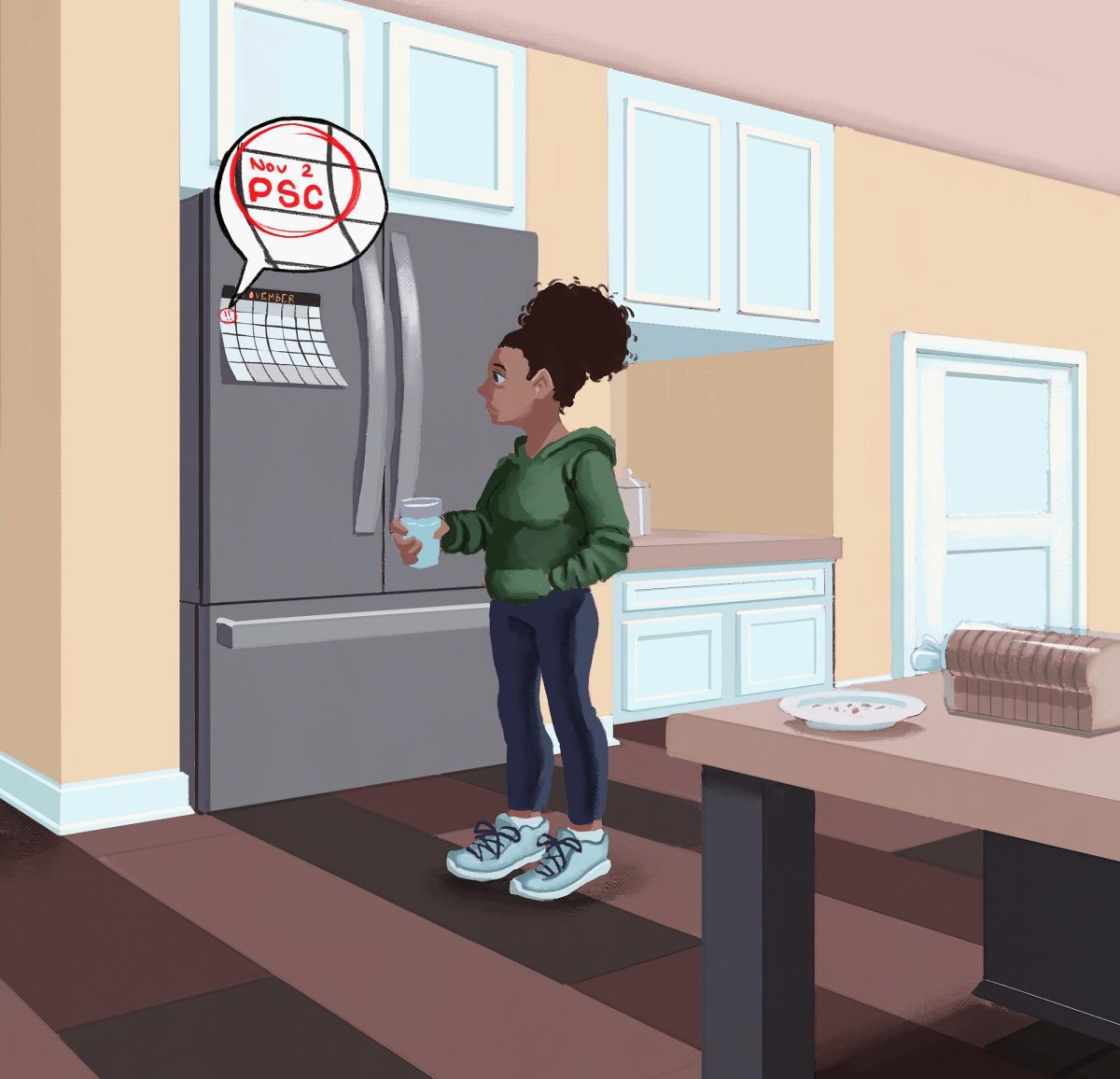In February, several Georgia House representatives brought a bill forth that would criminalize most abortions from the time of fertilization to the end of pregnancy. Illegal abortions would be treated as murder with the same level of punishment should someone be found guilty of it, including capital punishment, as well as granting fetuses personhood from the very moment of fertilization.
A hearing for House Bill 441 commenced on March 26. Though it will not be voted on anytime this year, given the deadline for the consideration of bills has passed, hundreds of protesters and counter-protestors arrived in the Capitol building to let the House representatives know their sentiments.
Several protestors sign read, “Support and compassion — not punishment. No to HB441.” They were back to back with counter-protestors advocating for the bill’s existence.
The anti-abortion group, Georgia Right to Life, claims House Bill 441 would not make miscarriages illegal and not criminalize surgeries for ectopic pregnancies. However, the state government has had issues with even its current policy and policing.
Currently, Georgia has criminalized abortion at 6 weeks. This has been criticized by pro-abortion groups, as many women would not know they were pregnant by that time.
In 2022, Amber Nicole Thurman experienced a rare complication with a legal abortion bill. When she arrived at the hospital at 5:41 a.m., she would not enter surgery until 2:00 a.m. the next day, where she would tragically pass away. Many maternal health experts blame the current law for her death, citing that it caused apprehension in doctors to proceed with necessary treatment out of fear of receiving felony criminal charges.
Late March, Selena Chandler-Scott, a 24-year-old woman residing in Tifton, Georgia, would dispose of her miscarriage in a dumpster. Moments later, she passed out. She would then be charged with concealing the death of another person and abandonment of a dead body.
This charge would go against the autopsy that detailed that the remans were from a natural miscarriage. According to Georgia law, fetuses that have died before their birth are not classified as living people. Currently, there is no law in the state about how the remains of a miscarriage should be handled.
On April 4, all charges against her were dropped. District Attorney Patrick Warren gave the announcement after reviewing Georgia law and evidence collected by the GBI’s Medical Examiner’s report as well as the Tifton police’s own findings.
While stating that continuing prosecution would not be “in the interest of justice,” Warren would tell reporters that this was a “disturbing and tragic case,” and that he does “not condone the way the remains were handled.”
House Bill 441 will not proceed with a vote this year as the consideration has passed.
House Bill 441’s inception has produced a flurry of response from both sides of the issue. This backlash shows that while Roe v. Wade is gone, the attitudes behind it are not.









